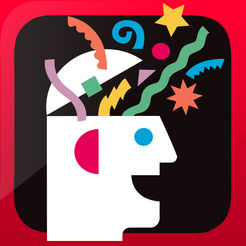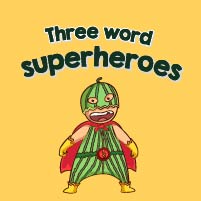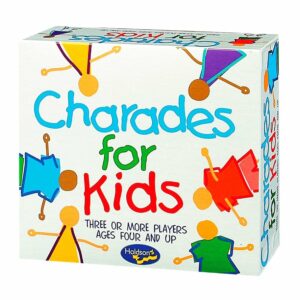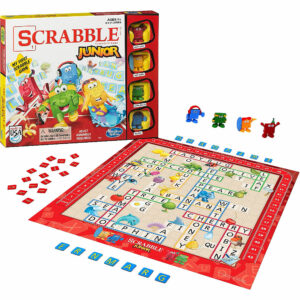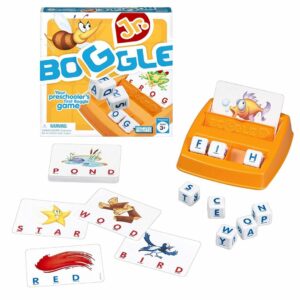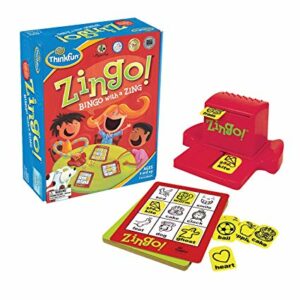Playing word games is a great way to help young children learn how to read and spell. It also helps older children fall in love with the nuances of words. And because most kids (and even some adults!) love games, they are often excited to participate. By playing a few learning games at home, parents can spend quality time with their children while helping kids enlarge their range of vocabulary.
You probably have tried the old classic, Hangman. Hangman is great, but your family might enjoy some new games. Below are our top picks for the best children’s word games that can be played anytime, anywhere.



